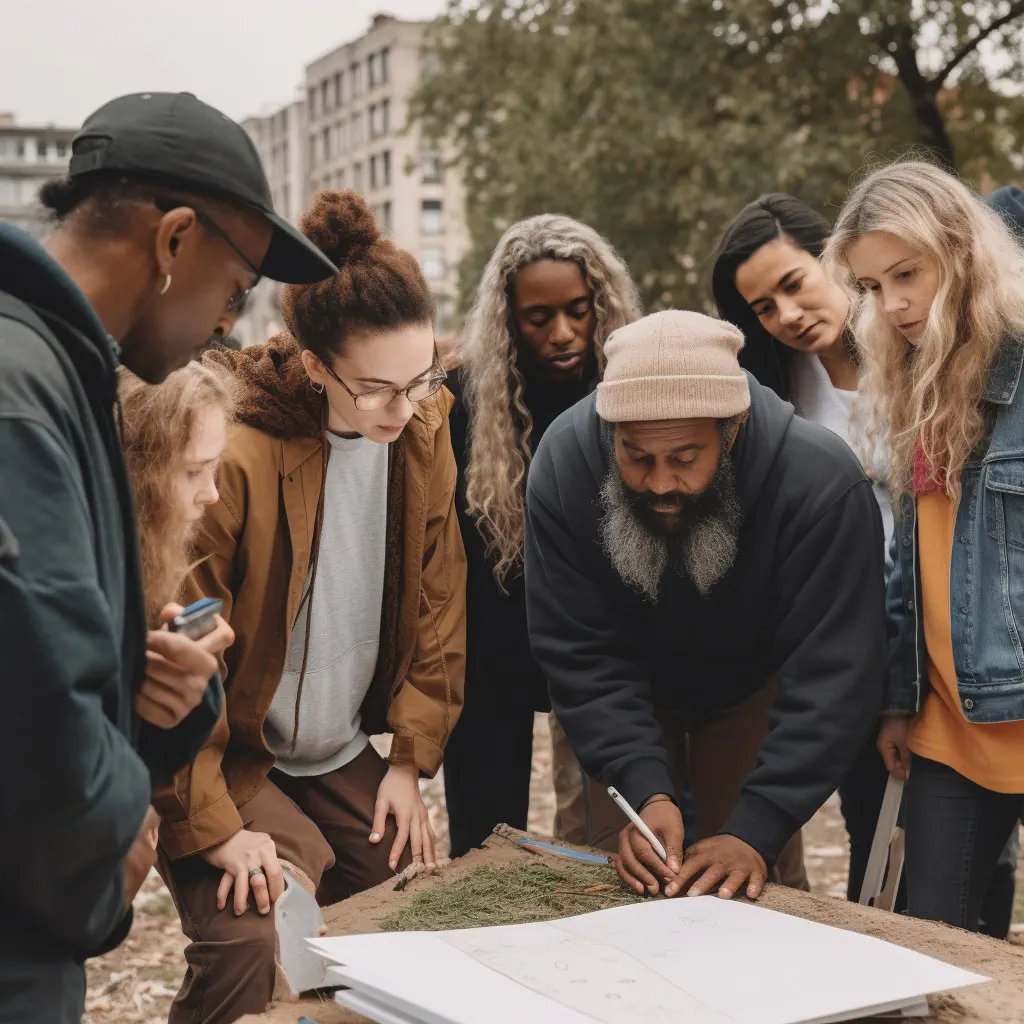
Introduction
In any learning environment, support is a crucial component that can significantly affect a learner’s success. Social support, in particular, can impact motivation, feedback, and sense of community in learners. It involves creating a supportive network of people, including peers, mentors, family, and friends, who provide encouragement, constructive feedback, and a sense of belonging.
Studies show that learners who receive adequate social support display better academic performance, higher levels of engagement, and overall satisfaction with their learning experience. In this blog, we will explore how social support can positively impact learners’ outcomes and discuss effective strategies to enhance motivation, feedback, and sense of community in learning environments.
Body
Motivation
Motivating learners is one of the most important factors in ensuring their success. Social support can provide learners with the encouragement and positive reinforcement they need to stay motivated. It can also help them build a sense of belonging and emotional support that will help them persevere in the face of challenges.
There are several ways social support can impact learners’ motivation:
- Positive reinforcement from friends and peers: When learners receive compliments or acknowledgment from their friends or peers, it can help boost their confidence and self-esteem, resulting in increased motivation to succeed.
- Encouragement from mentors: Learners who receive guidance and advice from a mentor figure can feel more motivated to achieve their goals. This is because having a mentor provides them with a sense of accountability and support that can help them stay focused and on track.
- Sense of belonging: When learners feel a sense of belonging within a group or community, they are more likely to stay motivated to succeed. This is because they feel like they are part of something bigger than themselves, which can be a powerful motivator.
- Emotional support from family and friends: Learners who receive support from their family and friends are more likely to stay motivated, as they know they have people who care about their success and are there to help them through setbacks.
Examples of motivational strategies that can be used to enhance social support in learning include:
- Group study sessions: Collaborating with peers in a study group can provide learners with a sense of community and support that can help keep them motivated to succeed.
- Peer-to-peer coaching: Pairing learners with a peer who can provide guidance and support can help them stay motivated and focused on their goals.
- Classroom activities that foster a sense of community: Teachers who design classroom activities that encourage learners to work together and support one another can help foster a sense of community that will motivate learners to succeed.
Feedback
Learners need timely and constructive feedback to improve their performance. Social support can help provide learners with the feedback they need to make progress in their learning journey. It can also help them feel more supported and valued, which can boost their confidence and sense of competence.
There are different types of feedback that can be provided through social support, including:
- Peer-to-peer feedback: Peer feedback involves learners giving each other feedback on their work. This type of feedback can be useful because it provides learners with a different perspective on their work, which can help them improve.
- Mentor feedback: Feedback from a mentor figure can be particularly valuable because mentors have a lot of experience in their field and can provide learners with valuable insights and advice.
- Family feedback: Feedback from family members can be important because these are the people who know learners best, and can provide them with feedback that is tailored to their needs.
Examples of feedback strategies that can be used to enhance social support in learning include:
- Group assignments with feedback mechanisms: Assignments that require learners to work together and provide feedback on each other’s work can help build a sense of community while also providing valuable feedback to learners.
- Peer review sessions: Peer review sessions allow learners to give and receive feedback on their work. This type of feedback can be particularly valuable because it provides learners with a different perspective on their work, which can help them improve.
- Teacher-parent conferences: Conferences between teachers and parents can provide valuable feedback to learners about their progress and areas where they can improve.
Sense of Community
A sense of community is crucial for learners because it provides a collaborative and supportive learning environment. Social support can help foster a sense of community within learners by providing them with opportunities to collaborate and connect with others. This can help learners feel like they are part of a larger group working towards a common goal, which can be a powerful motivator.
There are different benefits that come with feeling a sense of community, including:
- Enhancing the learner’s retention: Learners who feel like they are part of a community are more likely to stick around and complete their studies.
- Building the learner’s skills: When learners collaborate and work together, they can learn new skills and insights from their peers that they might not have learned otherwise.
- Boosting the learner’s self-esteem: When learners feel like they are part of a community, they are more likely to feel valued and supported. This can boost their self-esteem and confidence, which can help them succeed in their studies.
- Improving the learner’s well-being: Learners who feel like they are part of a community are less likely to feel isolated, anxious or stressed, reducing the risks of mental burnout or emotional distress.
- Increasing the learner’s academic success: Learners who feel like they are part of a community are more likely to succeed because they have access to support and encouragement from peers and mentors.
Overall, social support is a critical aspect of learning outcomes because it can enhance motivation, feedback, and sense of community among learners. Teachers and Learning practitioners can use various strategies, such as group study sessions, peer-to-peer coaching, group assignments and classroom activities, to foster social support in the different dimensions with a positive impact on learning.
Conclusion
In conclusion, social support plays a crucial role in improving learning outcomes. Through the provision of motivation, feedback, and a sense of community, learners can achieve better academic performance and overall success. By fostering positive relationships with peers, mentors, and family members, learners can find the support they need to overcome challenges and stay motivated.
One way to enhance social support in learning is to create group study sessions, peer-to-peer coaching sessions, and classroom activities that foster a sense of community. This can help individuals feel more connected to their peers and develop positive relationships with others.
Moreover, feedback mechanisms such as peer reviews, group assignments with feedback mechanisms, and teacher-parent conferences can help learners receive timely and constructive feedback that can help them improve their performance.
In essence, the benefits of social support in learning are numerous. When students feel connected to others and have a sense of belonging, they are better positioned to succeed academically and in life. Therefore, we encourage readers to consider social support when thinking of ways to enhance their learning outcomes. Together, we can create a supportive learning environment that helps everyone thrive.

